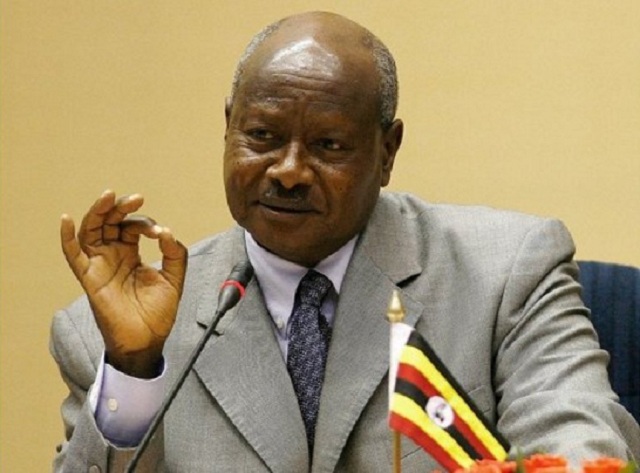Kenya fires 302 cops for corruption

Nairobi – A national commission in Kenya announced on Thursday it has fired 302 police officers who refused to be vetted as part of reforms of the police force.
The reforms are aimed at restoring public confidence in an institution repeatedly implicated in endemic corruption and human rights abuses.
The National Police Service Commission said on Thursday that the officers, most of them in the traffic department, will receive dismissal letters from police chief Joseph Boinnet, who is also a member of the commission.
The decision to dismiss the officers was reached at a board meeting held at the commission’s offices on Tuesday, commission chairperson Johnston Kavuludi said.
Kenya is vetting all its police officers as part of a reform package the government agreed to undertake after adopting a new constitution in 2010. So far at least 3,000 officers have been vetted with close to 100 fired.
The adoption of the new constitution and police reforms were part of an agreement that ended post-election violence following a flawed presidential poll in December 2007 that left more than 1,000 people dead. Kenya’s police force was accused of taking sides during the violence.
The police force is the most corrupt institution in Kenya, according to global anti-corruption watchdog Transparency International.
Eric Kiraithe, the government spokesperson, said in his previous job as police spokesperson that corruption in the police force runs deep and wide.
The vetting of some 80,000 officers, which started in December 2013, has been criticised for overlooking the human rights records of senior police officers who have been accused of sanctioning and participating in extra-judicial killings of suspects.
A UN expert on extra-judicial, summary and arbitrary killings said Kenyan police are a law unto themselves and carry out carefully planned, systematic and widespread killings of individuals. An AP investigation last year found that many ordinary officers on the beat have turned into killers – doling out death to terror suspects, civilians and even children.
The vetting panel has faced several death threats. In one case a severed head was sent to their office with a note warning them to tread carefully.
Meanwhile, Kenyan Members of Parliament (MPs) were in the spotlight yesterday after it emerged that some of them snubbed the annual budgetary reading in Parliament to drink alcohol.
As Kenya announced a record increase in budgetary spending, which saw an increase in prices of basic commodities, Citizen TV reported that the MPs, who will debate and implement the budget in the coming year were up to no good.
The MPs according to some reports could not be fussed about the budget reading, with some leaving for the Parliamentary bar to take drinks while Treasury Cabinet Secretary Henry Rotich read his budgetary estimates for the fiscal year 2016/17.
Sources told News24 that close to 50 MPs were at the bar drinking while some chose to catch up with the budgetary reading on national television from the comfort of the restaurant just a few metres from the Parliamentary chambers.
“The bar was full, with MPs having fun while the budget reading took place,” one of the sources said.
The behaviour by MPs was shocking, considering that the budget, reportedly, left Kenya with a KES 700 billion deficit, according to Daily Nation.
Of the KES 2.3 trillion budget, Kenya was expected to finance KES 1.5 trillion out of revenue collection, with the balance covered via internal and external borrowing, the report said.
The Standard further reported that there were several factors that could derail the implementation of the expanded budget, with fears raised over the government’s ability to deliver, considering several key factors. — AFP












Comments